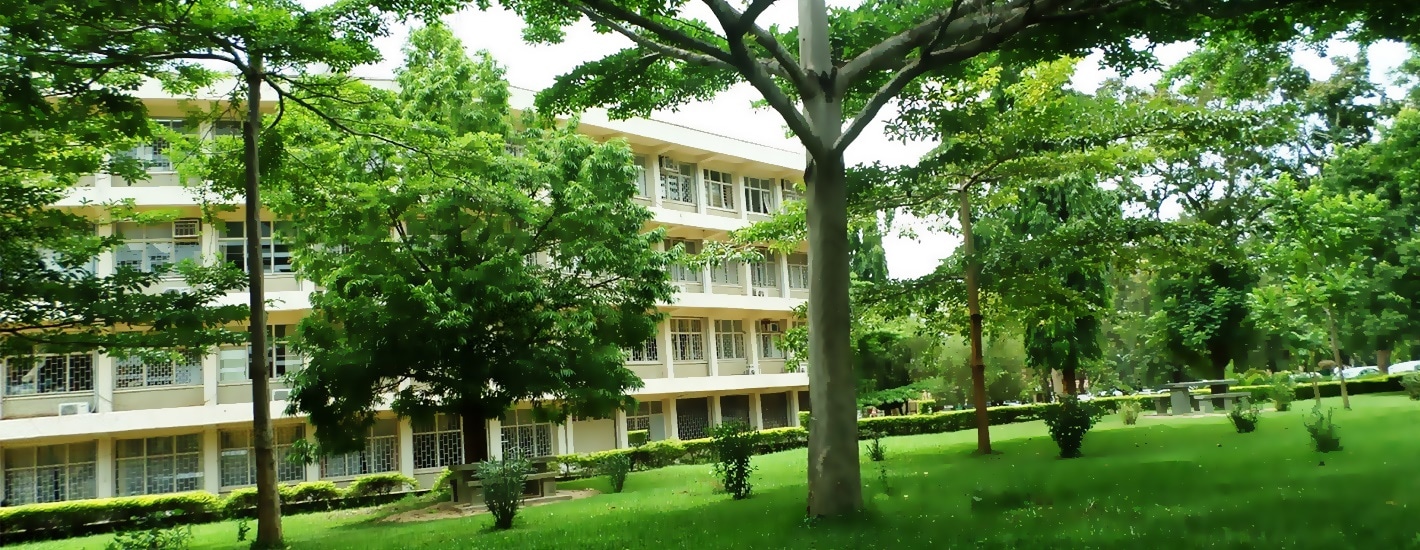Partnership – Sokoine University of Agriculture
Sokoine University of Agriculture (SUA), partners with a consortium of Danish universities that includes the University of Copenhagen, The Technical University of Denmark, Aarhus University and Aalborg University, to implement activities planned under BSU.
At SUA, BSU focuses on three scientific thematic areas: Agricultural Value Chains (AVC), Agro-Ecology (AE), and Aquaculture (AQ). The three thematic areas serve as a breeding ground for best practices in PhD training, research capacity building and outreach. In addition, BSU facilitates improvement of services and facilities that support research, namely 1) the improvement of administrative systems for monitoring the allocation, use and accounting of funds for research activities, and 2) the upgrading of laboratory and experimental facilities that are attached to the thematic areas.
University capacity is improved by strengthening the organization of researcher training and research processes. Eight methodological courses have been developed and piloted to support PhD training at SUA. Three new post-graduate programs have been developed by BSU and rolled out as university programmes. BSU has championed introduction of research group model in research undertaking and PhD supervision at SUA. The model improves effectiveness in research and postgraduate training. Capacity of SUA researchers involved in joint implementation of methodological courses and pilot projects has been strengthened and SUA staff is now able to take on responsibility for implementation of these activities. Six SUA staff with BSU III Scholarships will graduate with PhD degree. These staff will contribute further to institutional capacity for research and training. A total of 15 more junior member of academic staff from SUA were trained on improved pedagogical skills in 2019, which will contribute to institutional capacity on education delivery.
In terms of increased S-S and S-S-N collaboration, BSU has improved participation of SUA in activities related to the three thematic areas in regional bodies such as RUFORUM. These fora bring several African universities together and thereby act as centres for mobilization of resources and South-South collaboration within the thematic areas. With support from BSU, SUA staff have participated in the South-South Networking workshops. The purpose was to forge Network among BSU universities to enhance knowledge areas of common interest.
Seven research teams (2 from AVC, 3 from Aquaculture and 2 from Agroecology) has continued to function coherently by developing research proposals, implementing pilot and collaborative research projects, supervising PhD students and writing scientific articles. As a result, eight research proposals were prepared and submitted to different funders in 2019, three proposals were successful and were awarded research grants, three pilot projects were implemented, five research articles were published and two articles were accepted for publication in 2019.
BSU has improved collaboration between SUA, private and public actors in Tanzania. A Stakeholder Workshop targeting Sunflower and Chicken Value chains was co-hosted by AVC and Agricultural Markets Development Trust (AMDT) in January, 2019. The second workshop was planned for March 2020 but cancelled due to the Corona pandemic. These new forms of collaboration will also provide a changed institutional framework for delivering courses and supervising postgraduate students so as to renew and strengthen the linkage between teaching and research.
In order to support university wide administrative structures/procedures/policies strengthening the research, BSU has contributed to acquisition and installation of Electronic Document Management System (EDMS) at SUA for monitoring the allocation, use and accounting of funds for research activities. In addition, BSU has contributed to renovation of the buildings to accommodate training of PhD students including acquisition of laboratory equipment and construction of a Recirculating Aquaculture System (RAS) to be used for rearing fish and training of students and farmers.

